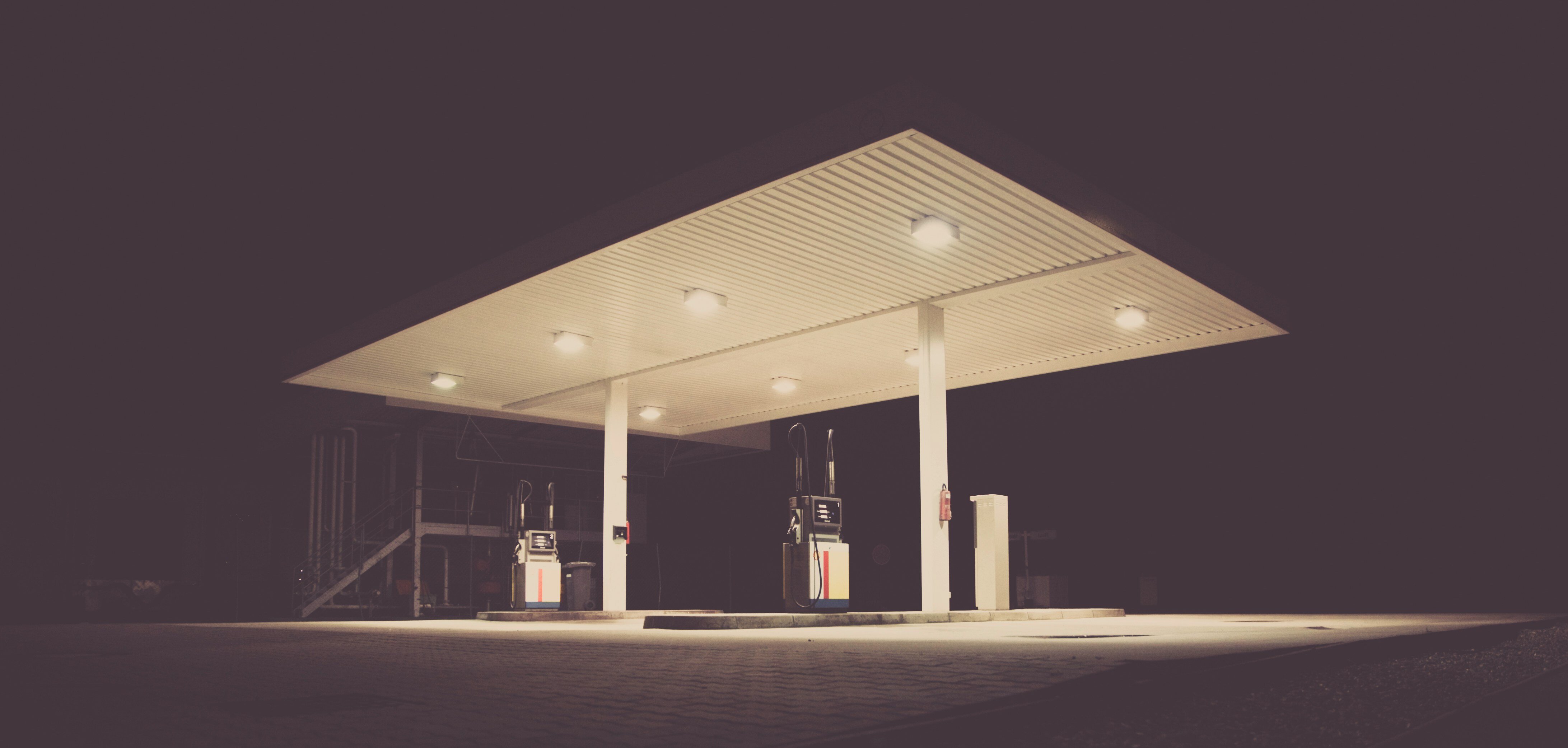Levente Tóth, founder and CEO of mitigia, is finding himself torn between those, who think that urbaniqe's green financing solution is plain greenwashing, and those, who think that it is just not enough to solve the climate crisis. He published an article on LinkedIn you can read in Hungarian by clicking here, and you can find the English translation below.
Since we started our sustainable mobility start-up, we have received a lot of encouragment and support. Fortunately, this is the overwhelming majority of the feedbacks, which encourages us to continue the project despite the difficulties. However, we also receive feedback that is not only supportive, and also critical. On one hand, we receive negative opinions that fundamentally question the validity of climate change as a problem. On the other hand, we also receive the opinions of radical climate activists who are constantly looking for "greenwashing" in business-based green initiatives.
These critical observations prompt me to briefly respond to them by summarising my thoughts. In this article, I want to address the climate alarmists.
"What's with all this green non-sense? I have known you to be more sensible than this..."
Included in the summative opinion quoted, there is a denial of global warming as a serious threat and problem humanity is facing. From this statement it follows directly to question the legitimacy of the green economy. It also implies that the sustainability issue is merely a playground for a few waffling, ridiculous scientists and green activists. This attitude is a classic case of the ostrich with its head in the sand: what I don't care about, doesn't exist.
It is an indisputable scientific fact that we are approaching a global warming scenario of up to 3 degrees Celsius, which could make our current way of life and social order unsustainable in the foreseeable future. Climate change, like all similar exponential processes, lurks unnoticed for a long time, so we tend to underestimate it, and when it finally erupts, it is too late to start avoiding it or adapting to it. Acting in the present moment is not only our moral duty, but also a biological one: taking responsibility for our children, for future generations. I have three children, I am responsible for them! Adaptation will definitely be necessary, but it matters a not what consequences we have to adapt.
"Will you ever write a post that doesn't include the word sustainability?"
I sense a certain apathy in this comment about the above post emphasising moral responsibility. The green industry and politics have perhaps overused the phrase, so it has become stale and lost some of its motivating and mobilising power. Yet important things are now being done in the sustainability field, such as the new Hungarian ESG law, which lays the foundations for corporate sustainability compliance and green financing. Yet, this fact has been covered sparingly, both in the press or in public discourse.
I attribute this to the apathy that is evident in the above comment. We (also) communicate to shake society out of its passivity towards sustainability. However, moral responsibility alone may not be effective, and other ways of influencing business decision-makers in the digital noise may be needed. That is why we have started to talk more about green finance, by which we mean the monetisation of green investments in the carbon market, and this is a source of money for green investors. Maybe we can appeal to business decision makers by striking monetary chords, rather than through overused moral, goodwill-based messages. At least, let's make a strong attempt to do so!

"You'll never make money from this green stuff!"
Of all the criticisms, this one hurts the most because it hits me in the gut. Indeed, we have yet to find a way in which we can operate in a commercially sustainable way and thus communicate the new message above in a credible way. But business sustainability is just as important as environmental sustainability! Only if we find a balance between these two goals together will the green economy succeed. This applies to my start-up business, which is why we pivoted our business model last year.
We believe that the international Voluntary Carbon Market has a great future, and through it we can achieve the two goals together. Our vision is that by the mid-2030s, the carbon market will be as important a part of the global economy as financial or energy markets are today. Our underlying assumption is that the social cost of carbon pollution must be built into the price of all goods and services over time, so that their production is environmentally sustainable (carbon neutral first, net zero later) and that resources are available to finance green adaptation.
We are working to shift our business to the fast-growing Voluntary Carbon Market and create business sustainability there. We do this while reaching our customers through their wallets and supporting them in green financing their electromobility investments in the carbon market.





